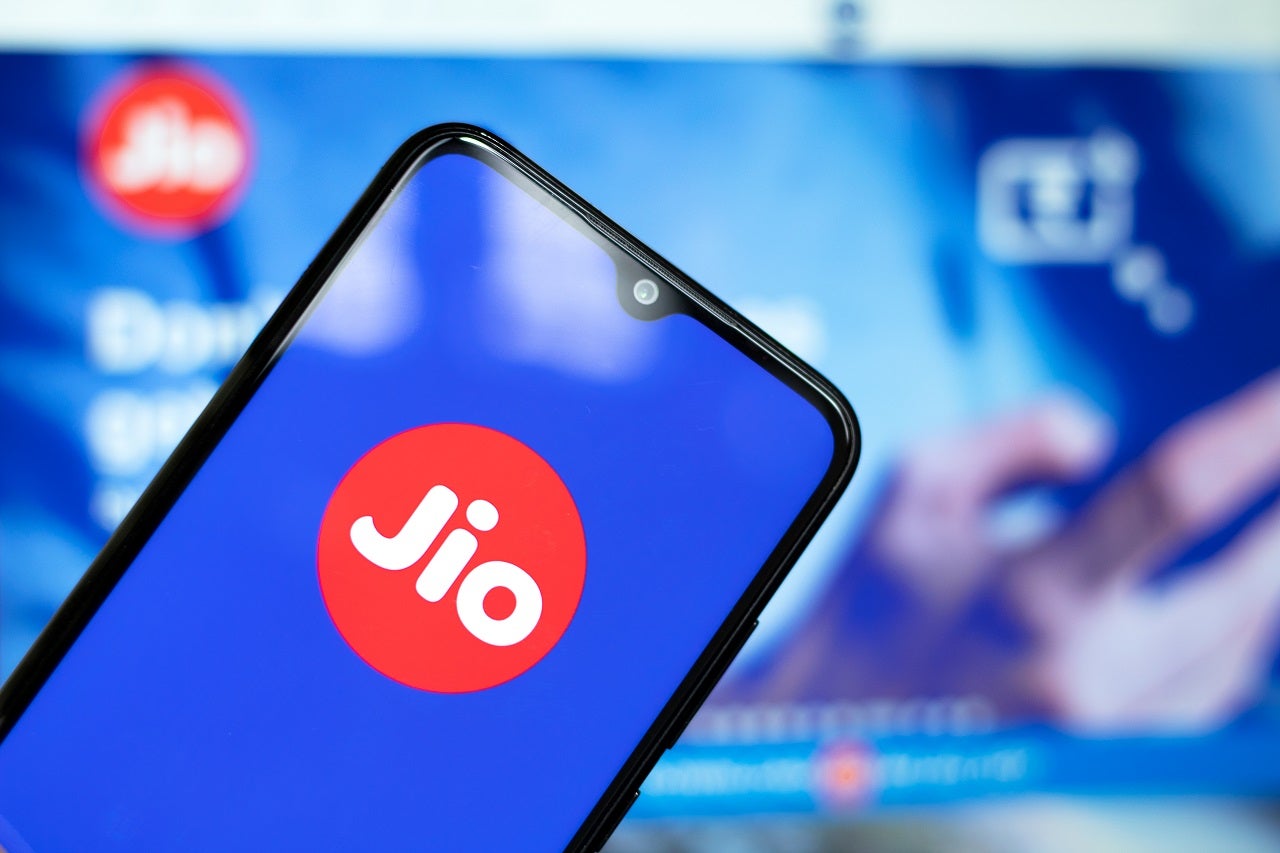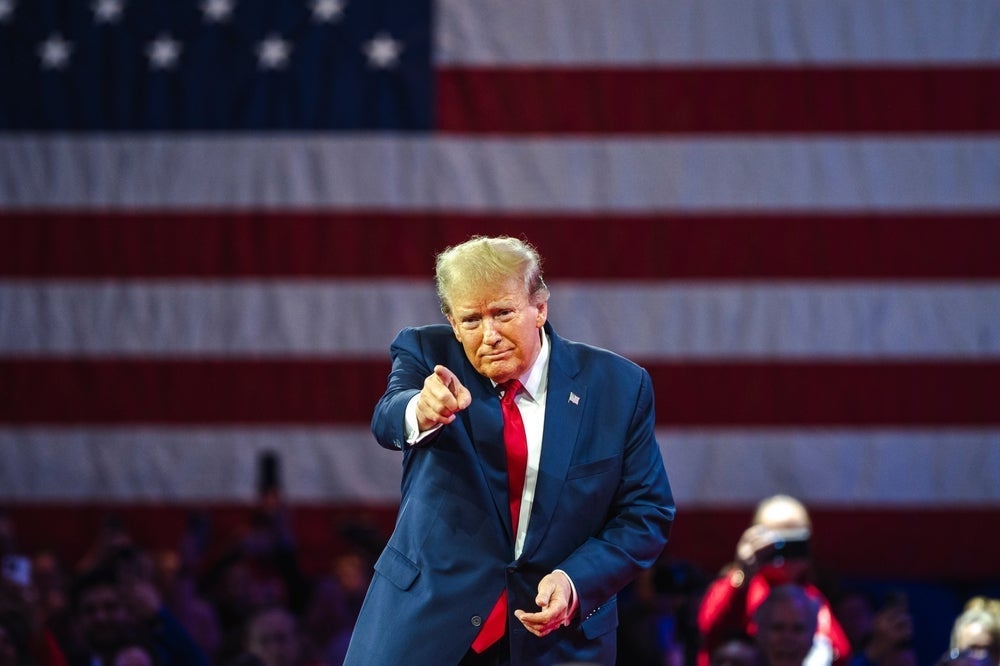India has a large and growing telecoms market. It has the second-most mobile subscribers in the world, behind China. According to GlobalData, there were more than 860 million unique mobile users at the end of 2020, and this figure will grow to reach more than 1 billion by 2024. However, it is moving slowly in the race to adopt 5G.
GlobalData figures show that commercial 5G networks are currently live in more than 60 countries. 5G trials in India were only authorized in May 2021, having been delayed since 2019. The Department of Telecommunication (DoT) had allocated airwaves for 5G trials to Reliance Industries (Reliance Jio), Bharti Airtel, Vodafone Idea, and MTNL. The telcos will carry out 5G trials in partnerships with several infrastructure providers, including Ericsson, Nokia, Samsung, and C-DOT. This phase of 5G trials will not include Chinese vendors Huawei and ZTE.
Who will be the winners in losers in the Indian 5G market?
In 2012, when 4G services were launched in India, 12 operators competed across the Indian telecom market. Since then, there has been a wave of consolidation, and only three leading players remain: Reliance Jio, Bharti Airtel, and Vodafone Idea.
We expect India’s leading telecom operator, Reliance Jio, to lead in the provision of 5G services in the country. It has commenced 5G trials in Mumbai and is developing a proprietary 5G network infrastructure instead of relying on third-party infrastructure providers. It is also expected to announce Android 5G phones, which will be priced as low as $35.
The second biggest telecom player in the country, Airtel, also has a strong focus on 5G technology. It was the first Indian telecom operator to demonstrate 5G over a live commercial network and has kicked off its 5G trials in Gurugram. Vodafone Idea has to catch up with its rivals on 5G. The merged entity of Vodafone India and Idea Cellular has yet to announce its plans for 5G trials.
The road to 5G will be bumpy
It will be difficult for India’s telecom companies to take the 5G leap. The Indian telecoms market is highly competitive, and players are offering 4G services at very low prices. Cut-throat competition has left all players saddled with debt and struggling for profitability. There have also been questions about the industry’s sustainability.
How well do you really know your competitors?
Access the most comprehensive Company Profiles on the market, powered by GlobalData. Save hours of research. Gain competitive edge.

Thank you!
Your download email will arrive shortly
Not ready to buy yet? Download a free sample
We are confident about the unique quality of our Company Profiles. However, we want you to make the most beneficial decision for your business, so we offer a free sample that you can download by submitting the below form
By GlobalDataThe price for spectrum in India is $76m per megahertz of spectrum in the 3.3 to 3.6 GHz bands, which is several times higher than the price of spectrum in other countries. The high cost of infrastructure and spectrum might mean users pay a premium for 5G services.
In addition, a major challenge for operators is highlighting the use cases for 5G. India is yet to develop relevant use cases that can be monetized. Operators will be testing 5G across applications like telemedicine, online learning, and agricultural technology during the trials.
5G deployment promises not only high-speed voice and data services but also low latency, making it foundational tech for self-driving cars, telemedicine, and smart cities. 5G services will launch in India in early 2022. However, widespread adoption is still years away. According to GlobalData estimates, by 2025, 5G penetration globally will be 38%, but only 12% of the Indian population will be using 5G services.









Related Company Profiles
Reliance Industries Ltd
Nokia Corp
Vodafone Idea Ltd
Bharti Airtel Ltd